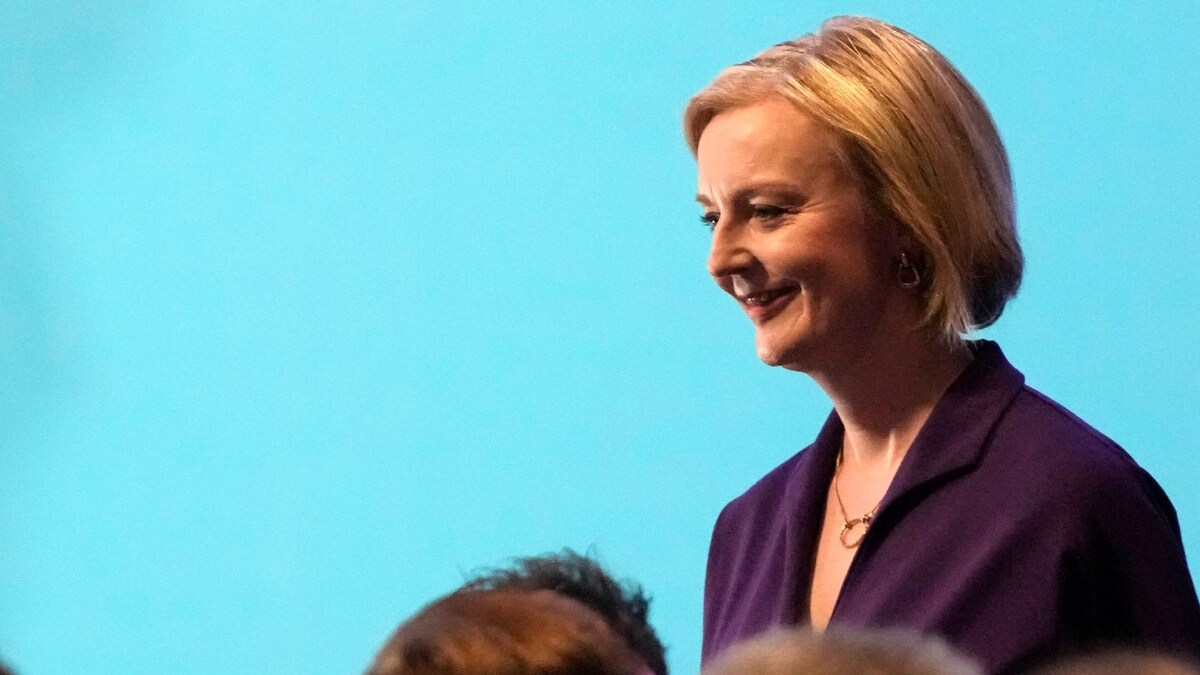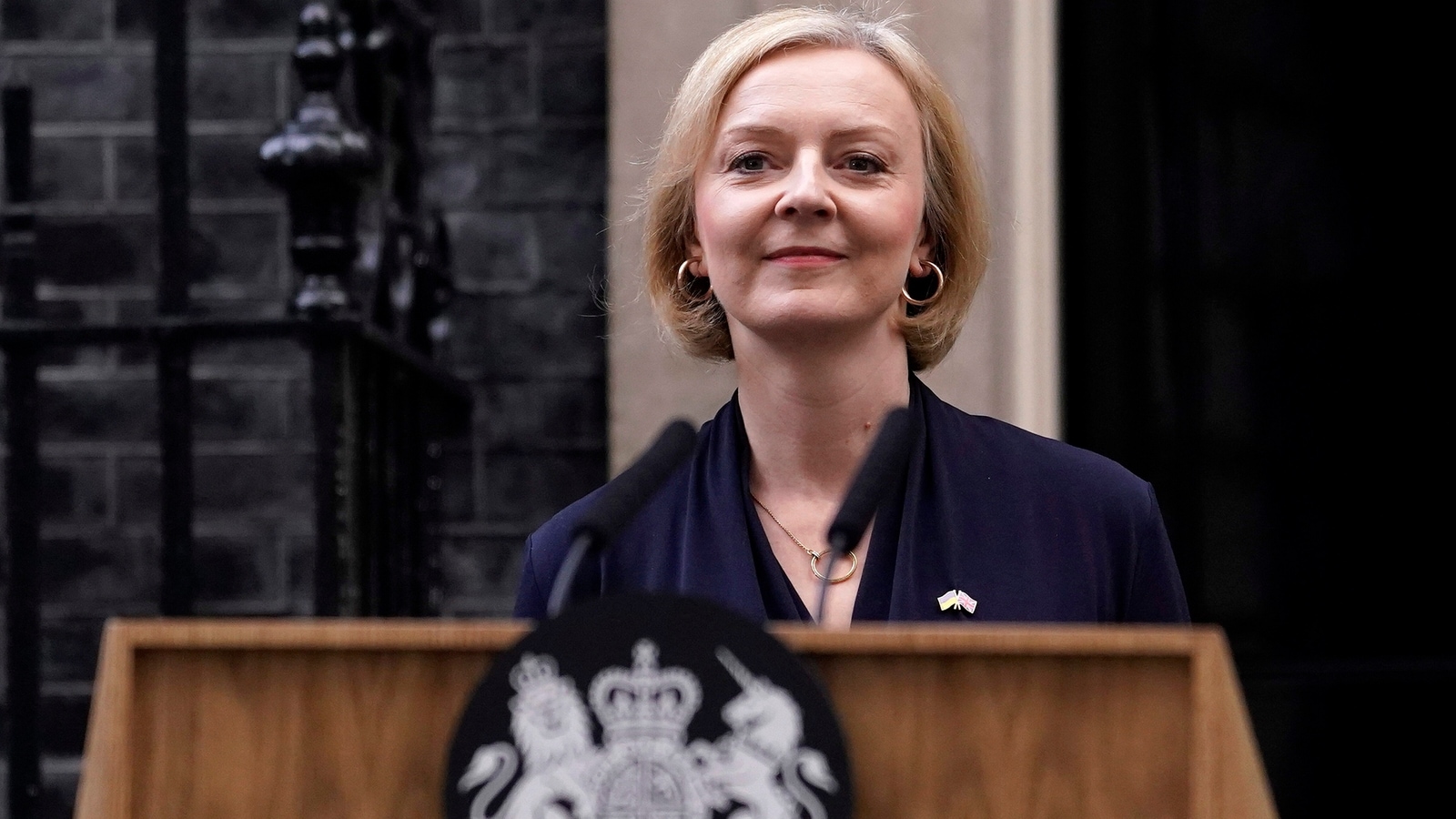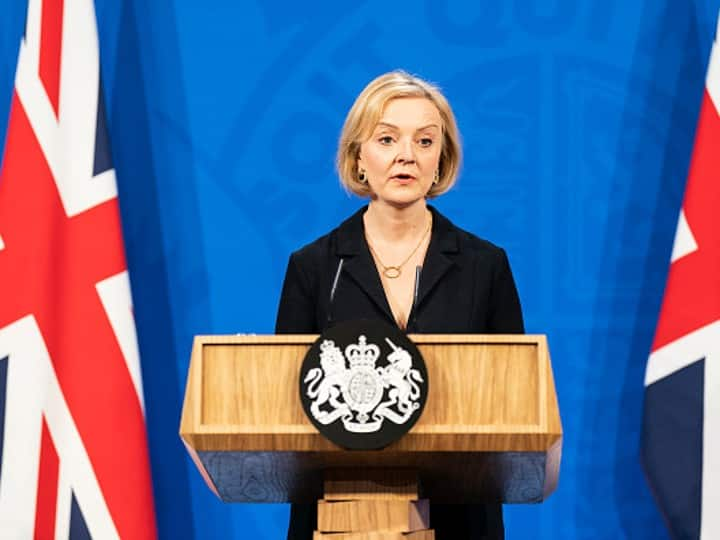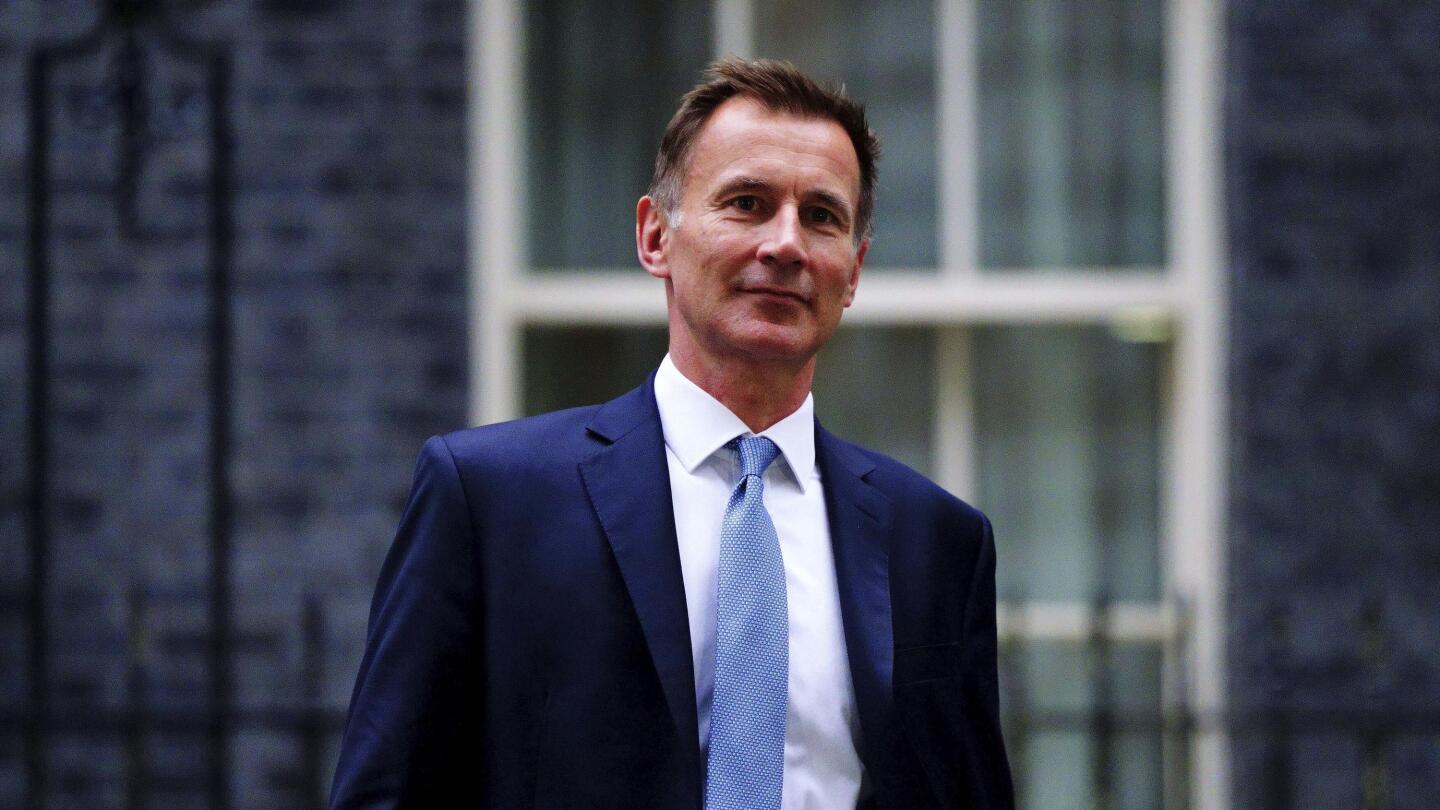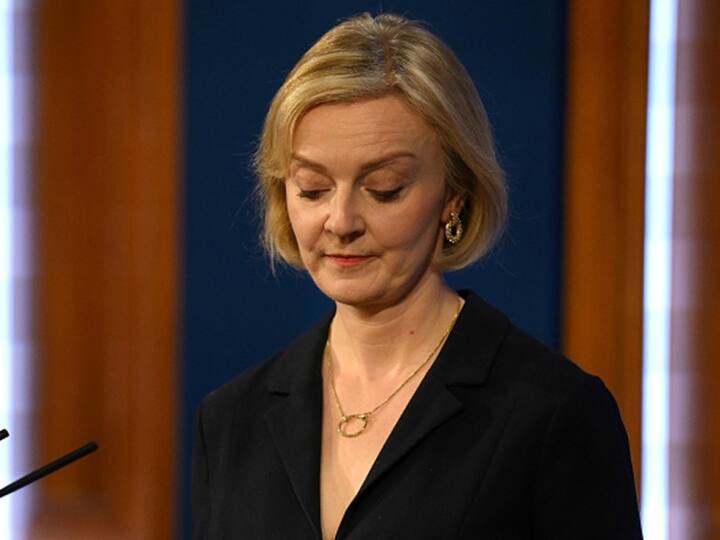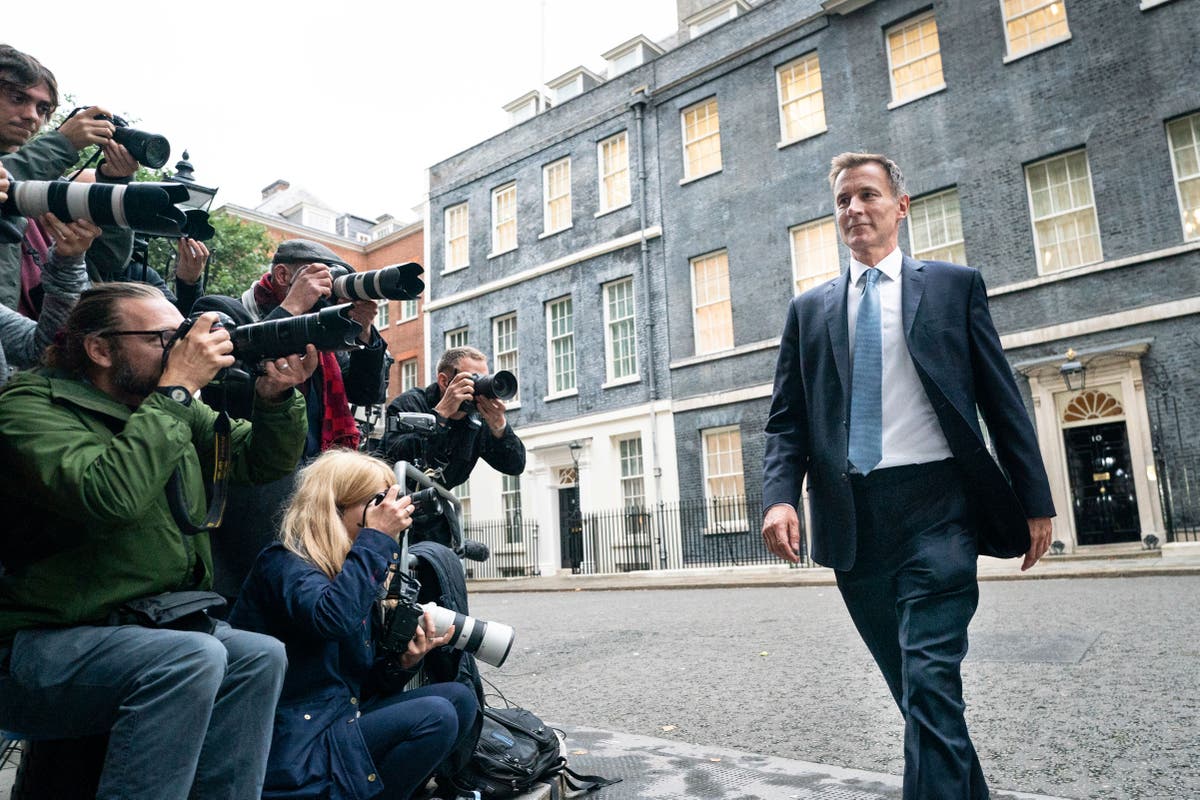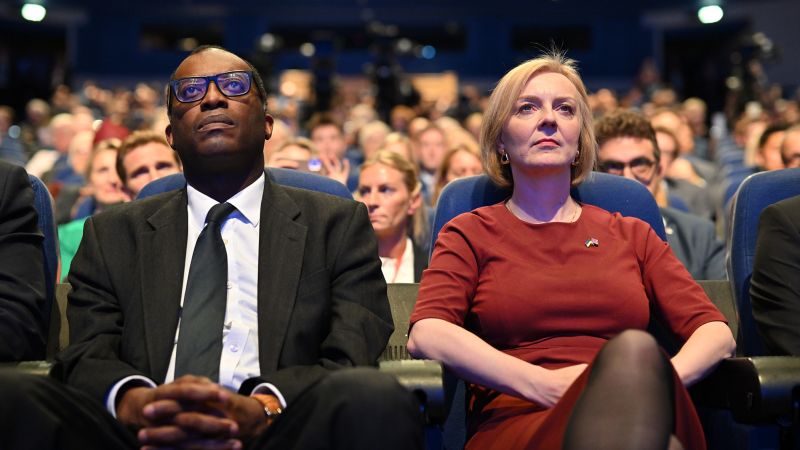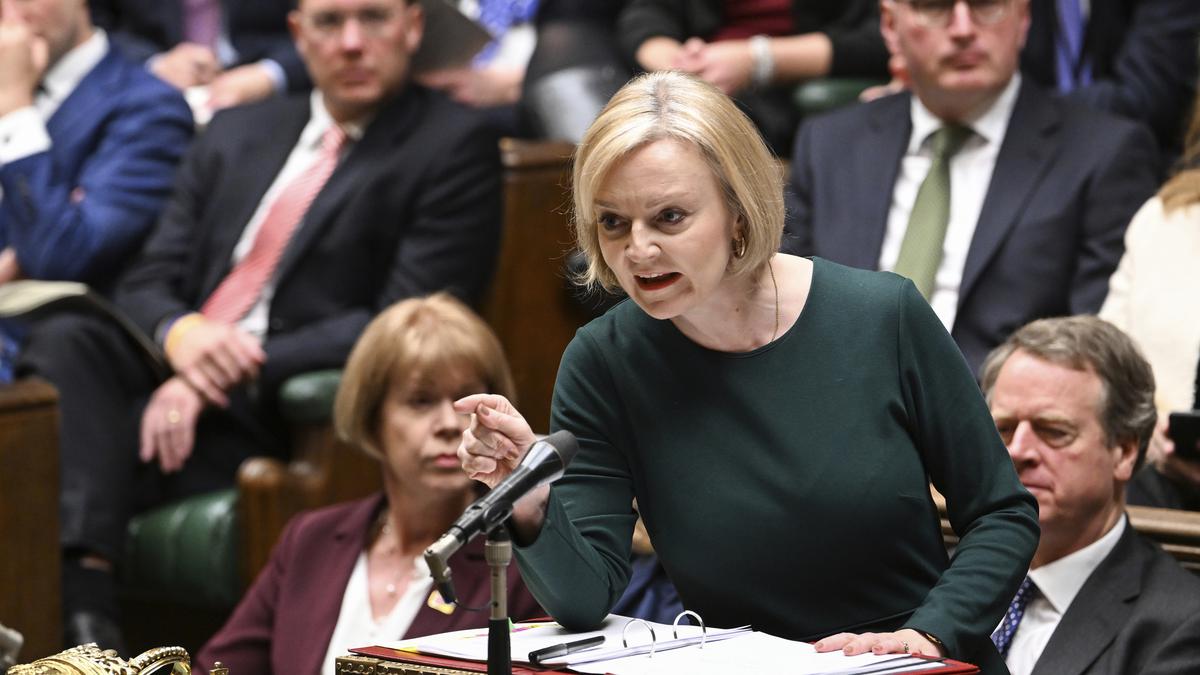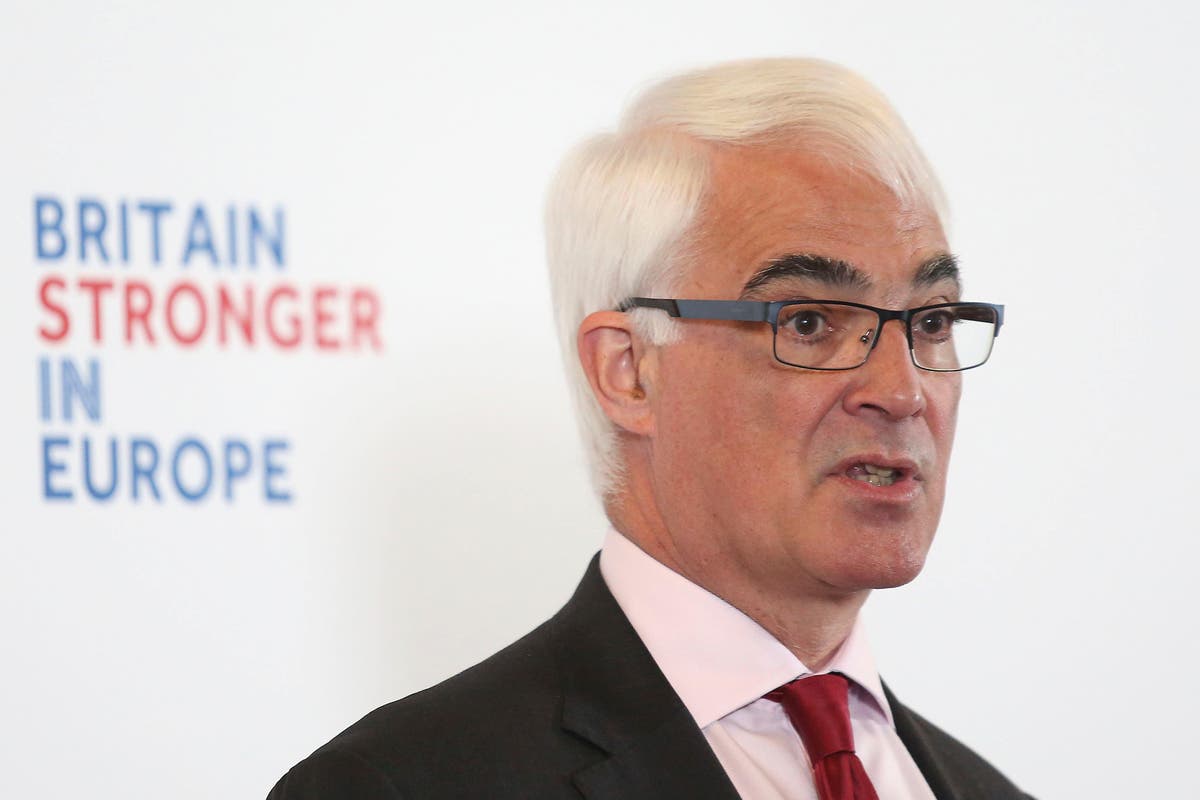
Lord Lawson of Blaby, brilliant tax-cutting Chancellor of the Thatcher era – obituary
The TelegraphMrs Thatcher had long been opposed to membership of the ERM, seeing it as putting Britain on the runway to European Economic and Monetary Union, as indeed was the ambition of the European Commission President Jacques Delors, though Lawson himself, as a Eurosceptic, had no intention of seeing the pound subsumed into a single currency. The same month an article in The American Economist by Mrs Thatcher’s former economic adviser Sir Alan Walters excoriated what he called the “half-baked” European Monetary System. “Unfortunately,” he wrote, “in Britain we can witness a performance of this tragedy, currently still running, enacted by Mr Lawson’s misguided shadowing of the Deutschmark during 1987 to March 1988.” As Mrs Thatcher became increasingly concerned about the way things were going, she recalled Walters from America to turn up the heat. With relations between No 10 and No 11 in the deep freeze, in June 1989, on the morning of Mrs Thatcher’s departure for the European council in Madrid, where key issues of economic and monetary union were to be discussed, Lawson and Howe, her Foreign Secretary, told her she must give a date by the end of 1992 when Britain would join the ERM, otherwise they would resign. After a final showdown in her office on October 26 1989 Lawson resigned, telling the Commons: “The successful conduct of economic policy is possible only if there is – and is seen to be – full agreement between the Prime Minister and the Chancellor.” John Major took his place; the pound slumped, shares fell, and Mrs Thatcher was left with visible wounds – and without Walters, who also quit.
History of this topic

Nigel Lawson, tax-cutting chancellor under Margaret Thatcher, dies aged 91
The TelegraphDiscover Related

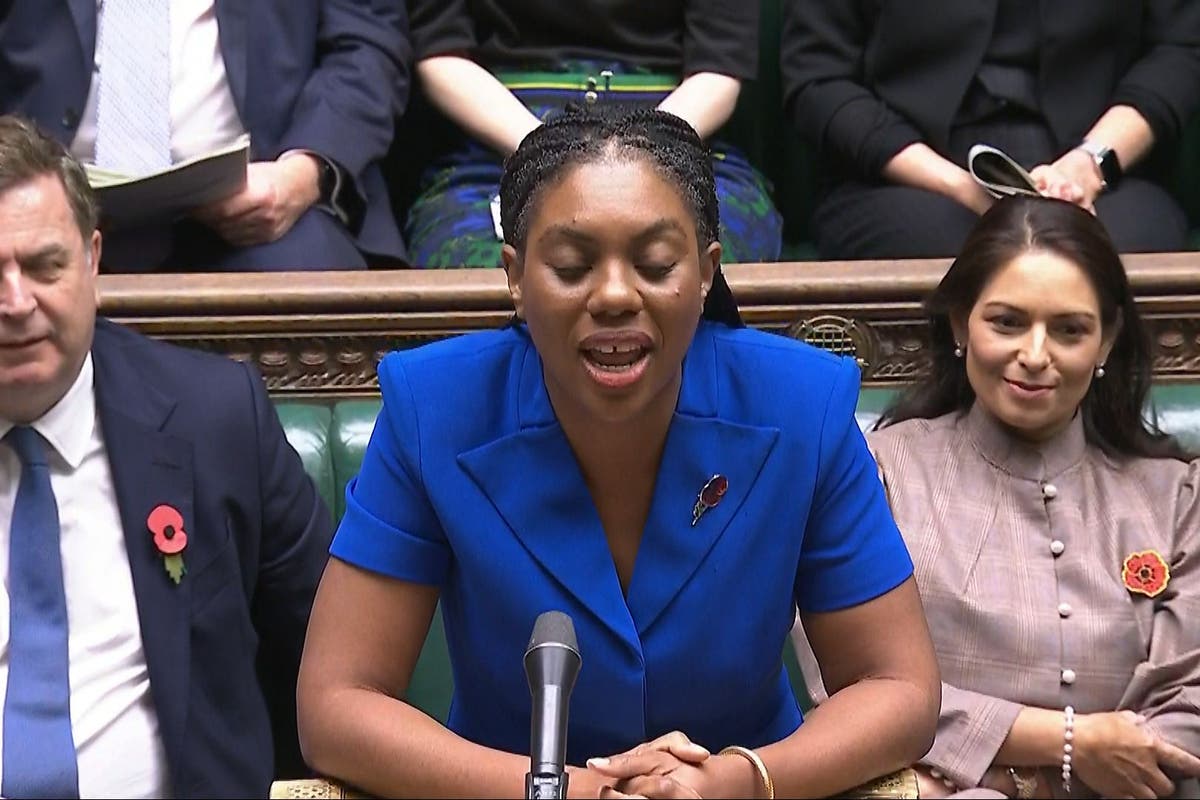

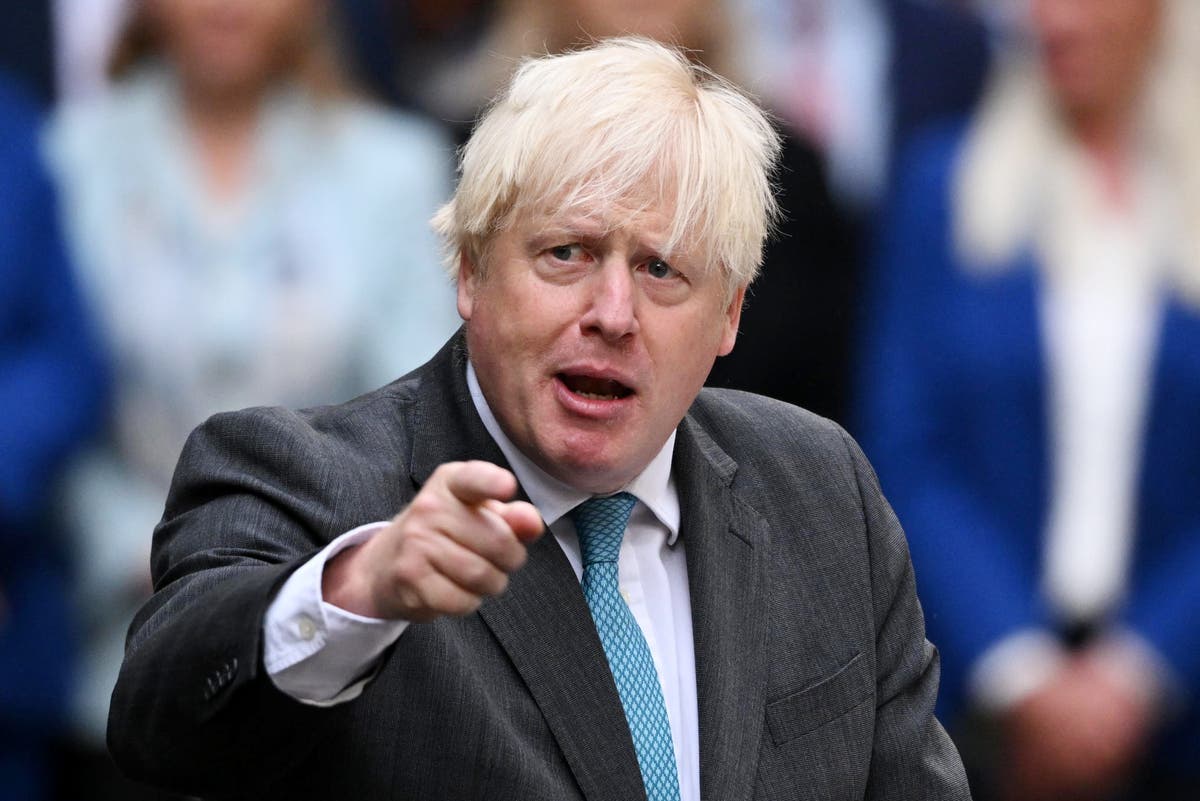
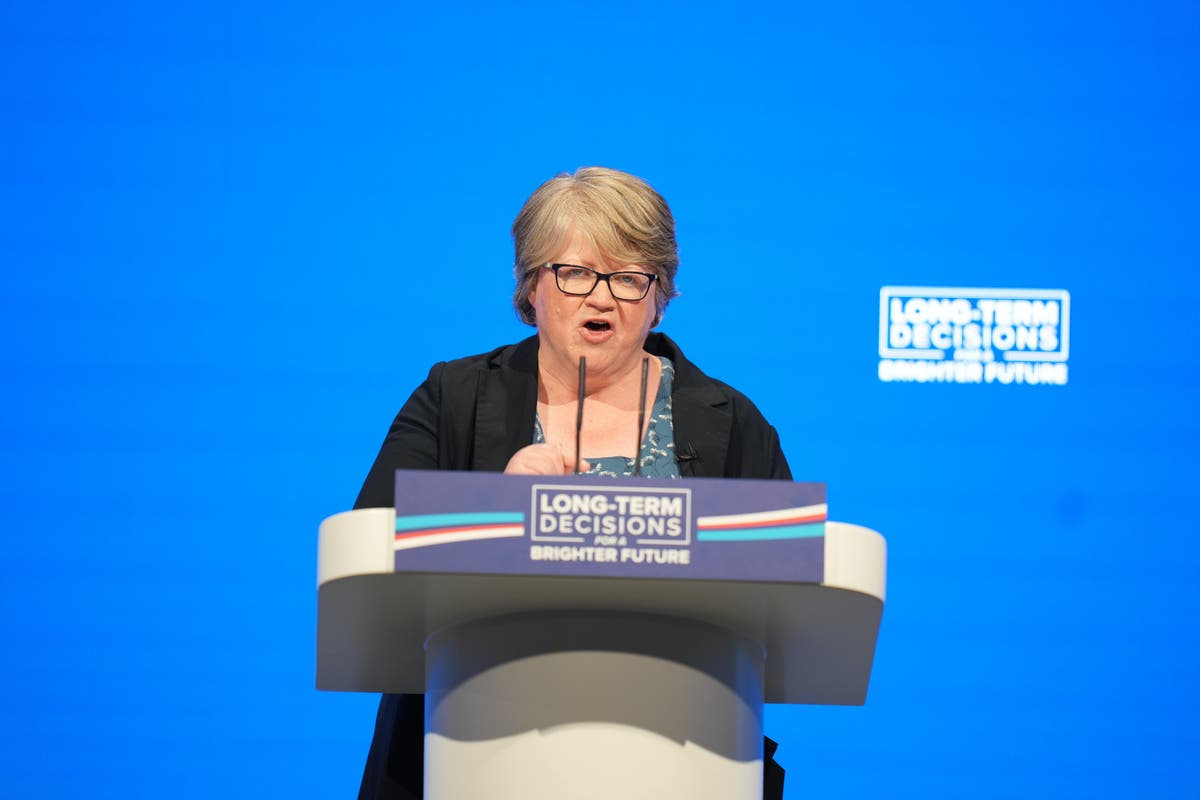

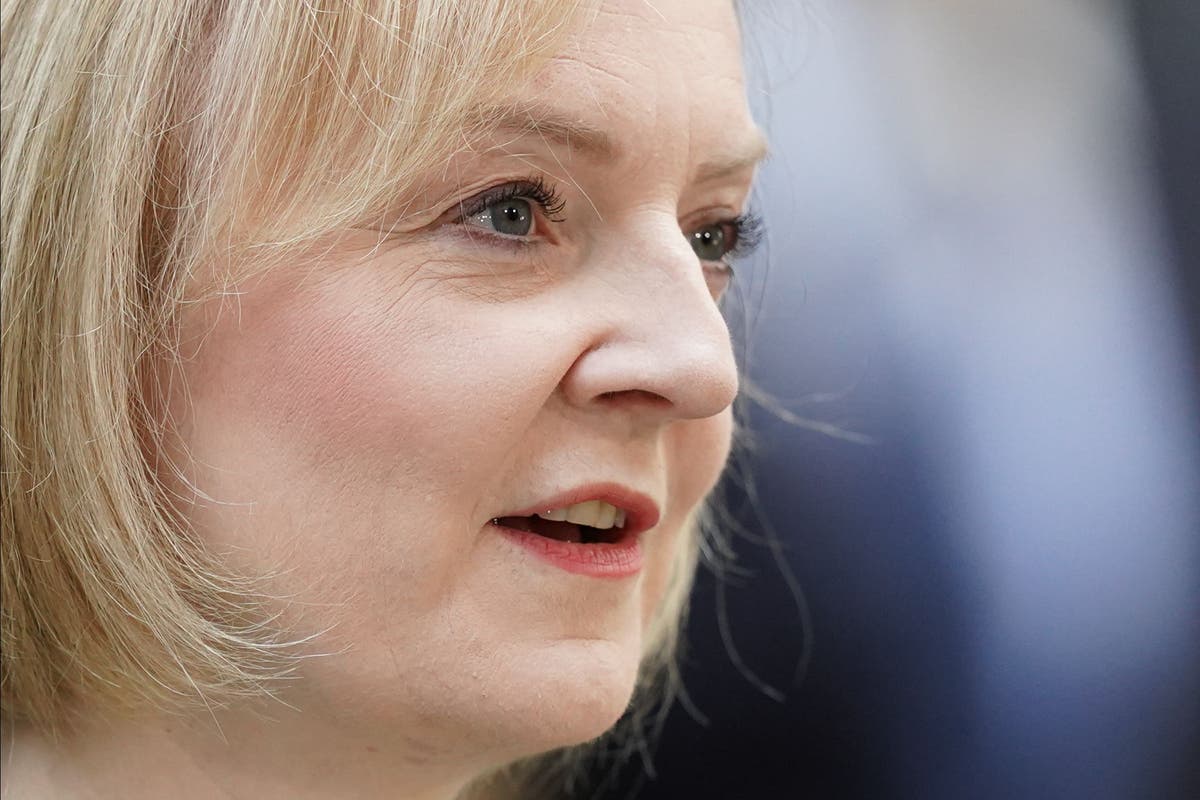
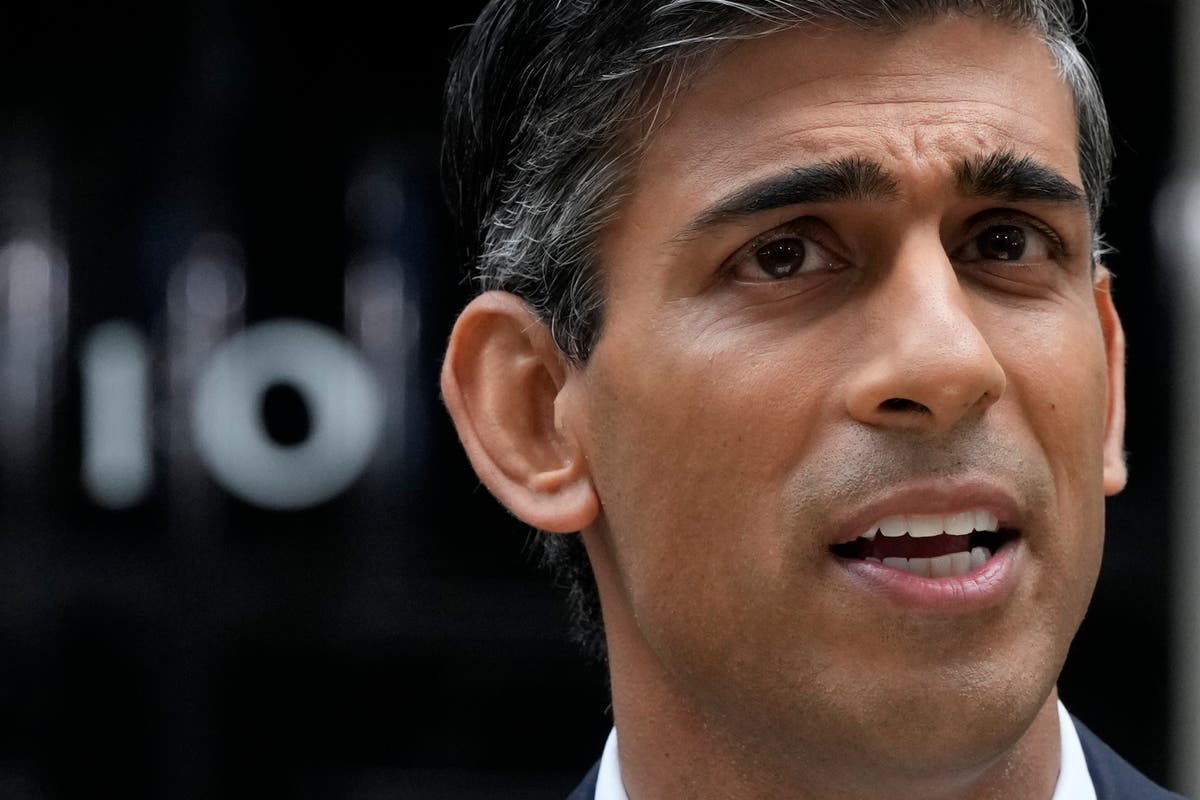
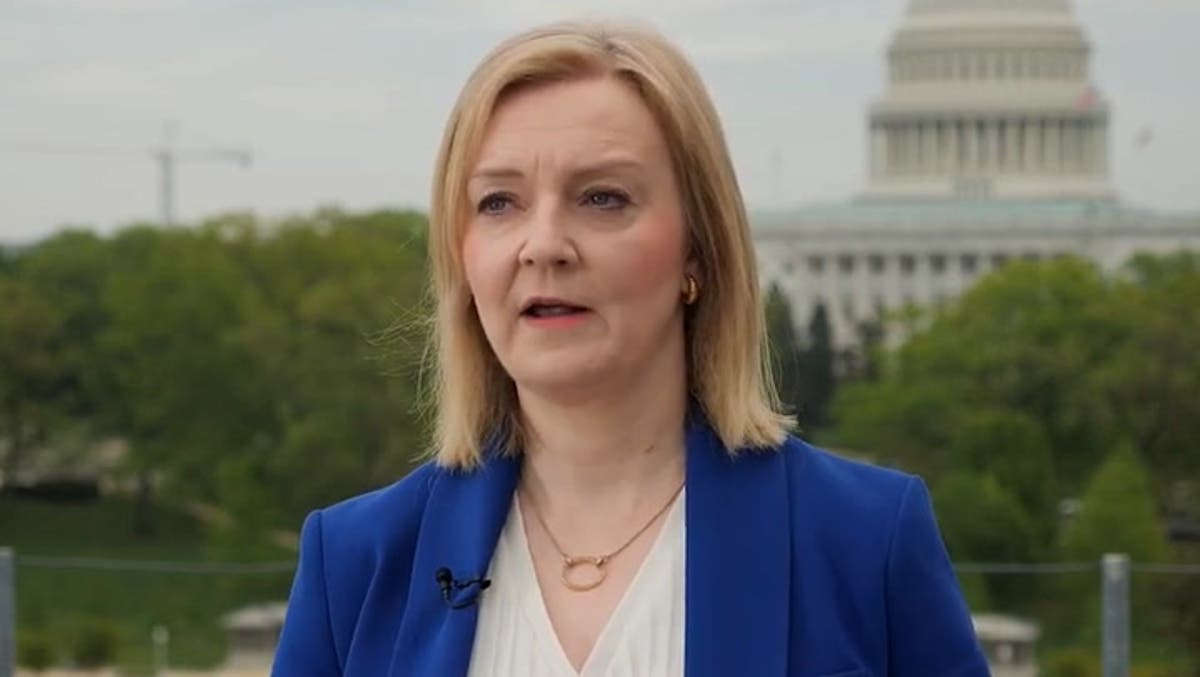
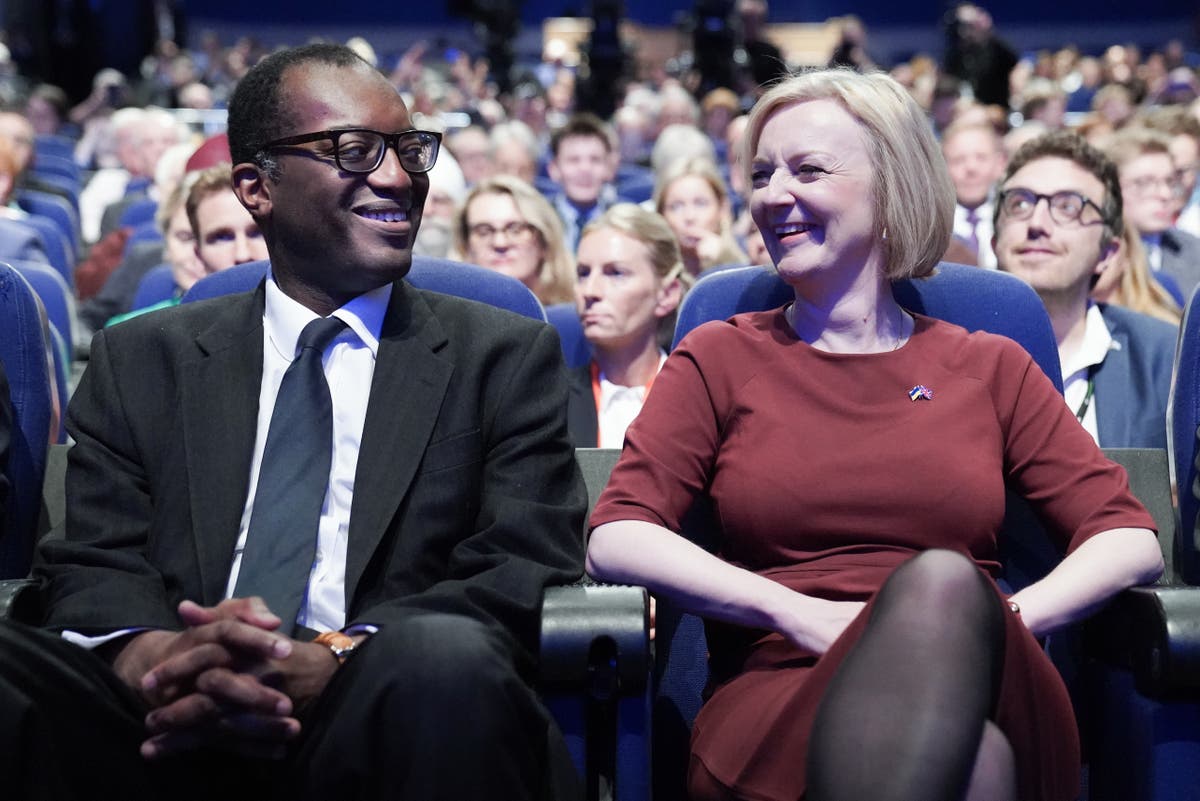
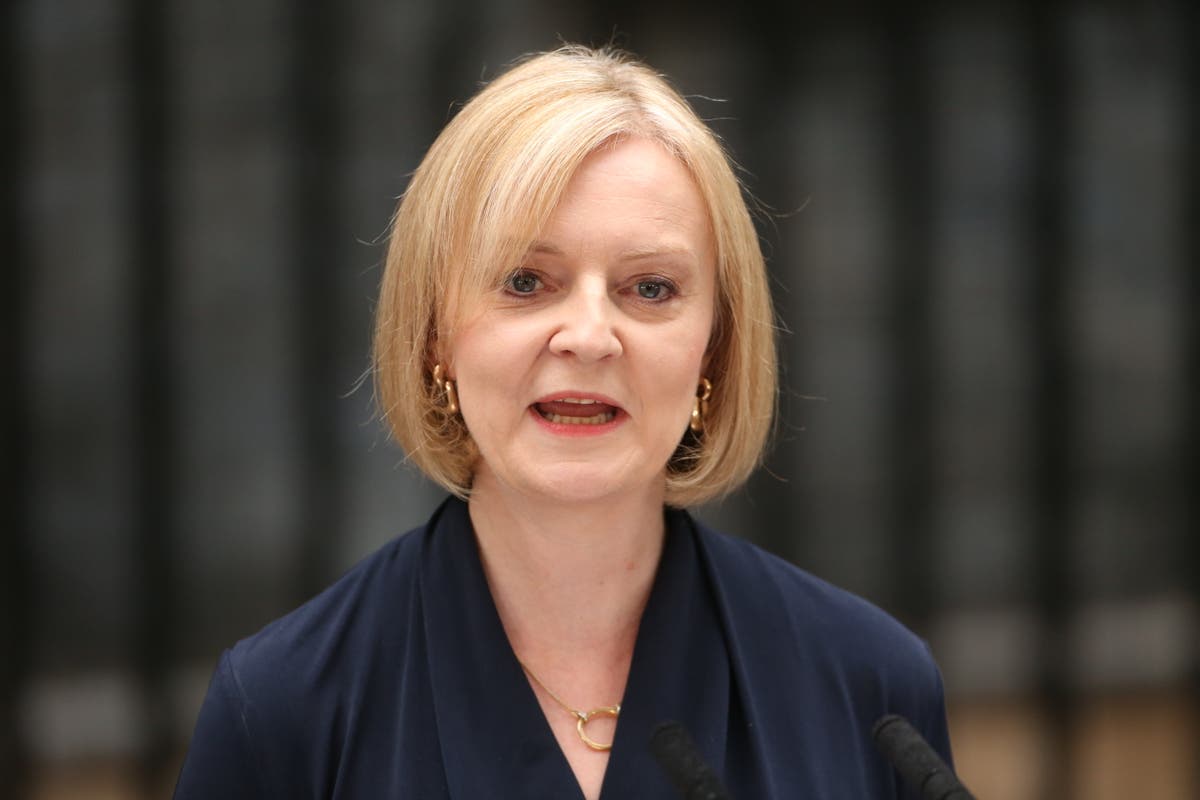










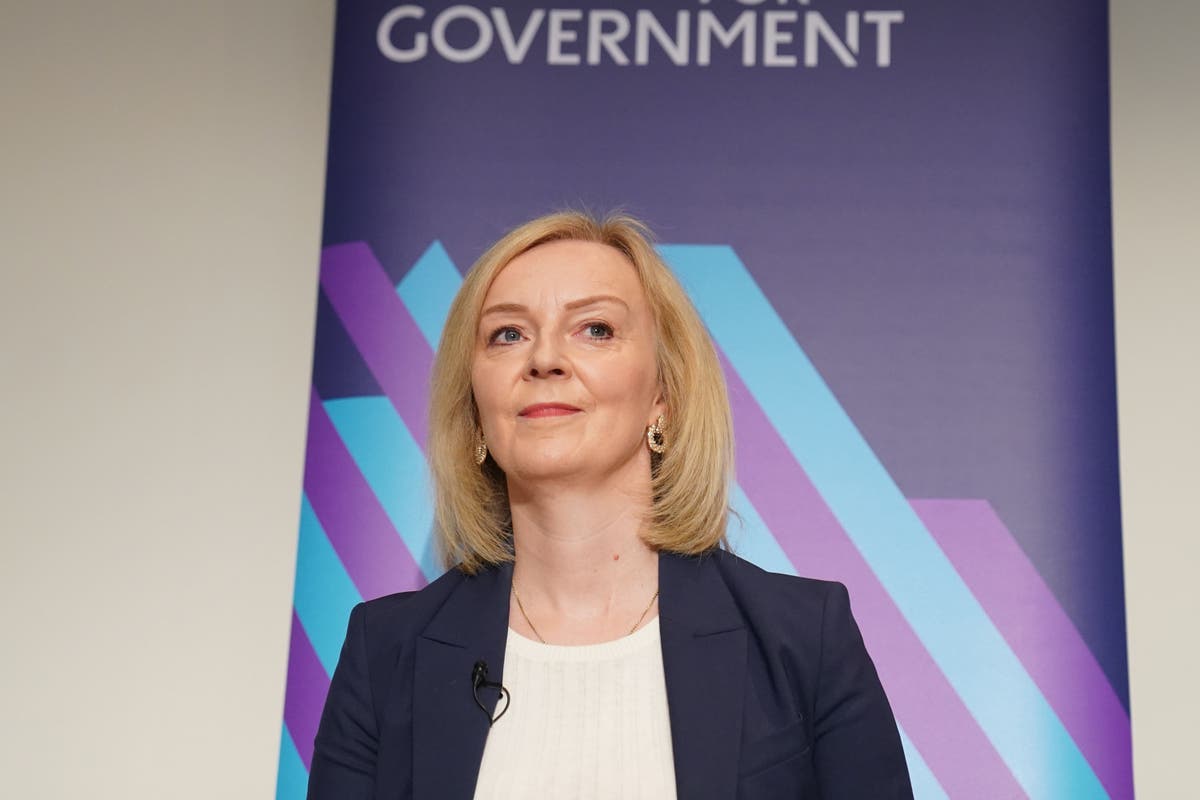
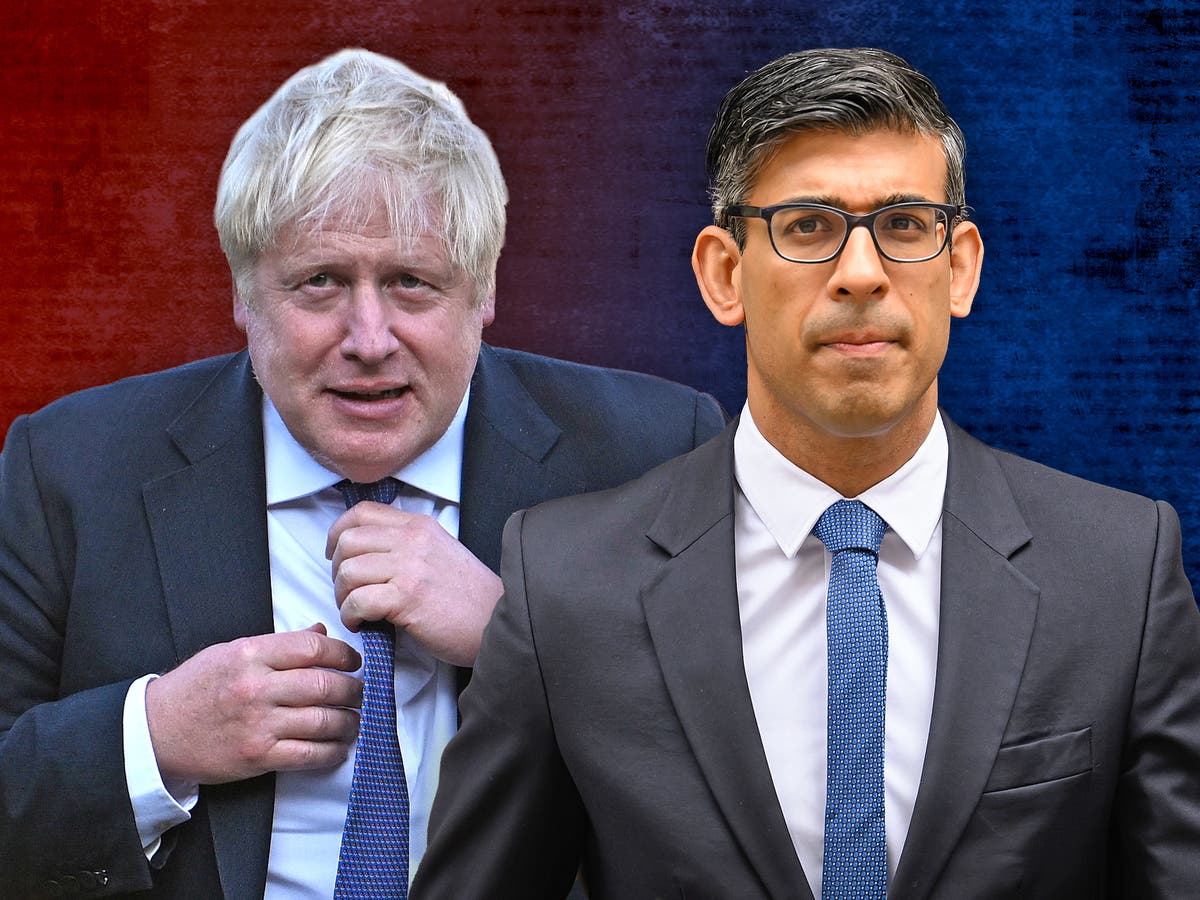
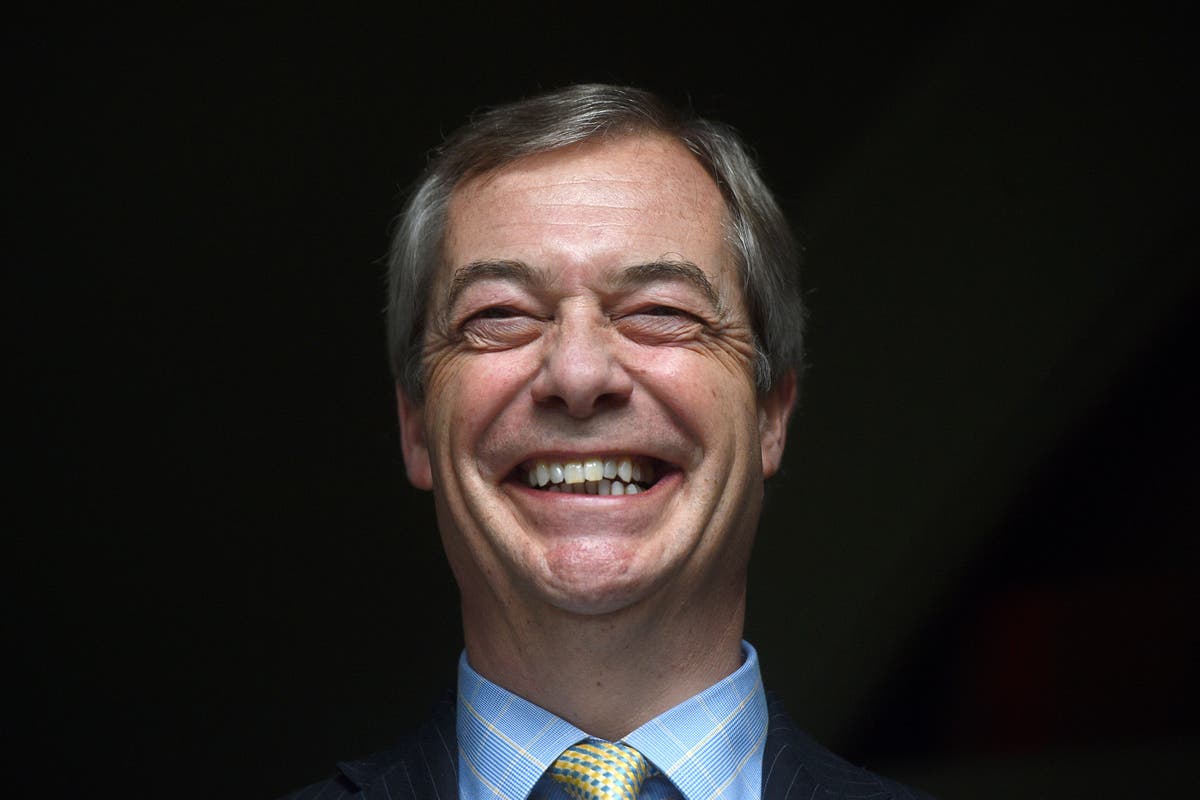




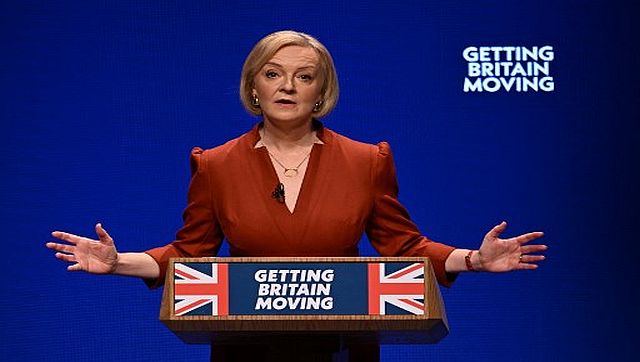)

